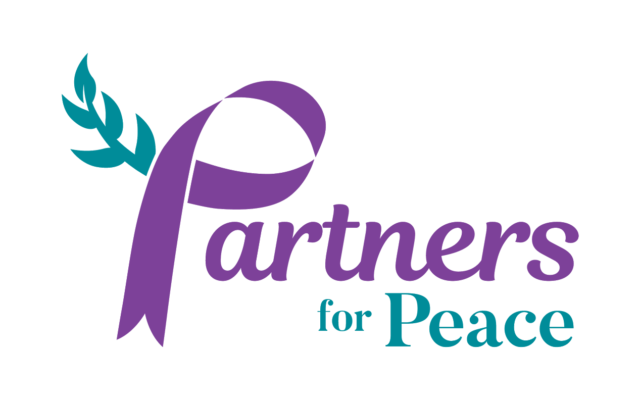
No one is immune from the virus that is domestic abuse
Now that everyone is being directed to practice social distancing and to stay at home, what does this mean for victim/survivors (adults and children) of domestic abuse?
People who use abusive tactics in their relationships perpetrate physical, sexual, emotional, financial and mental abuse, which includes using intimidation, isolation and gaslighting techniques to maintain power and control over their victims. The effects that this behavior has on victims are devastating, draining and overwhelming. Dealing with these behaviors on a daily basis along with the concerns of the COVID-19 crisis can increase victim/survivors feelings of loneliness, fear and hopelessness.
One of the tactics that abusive partners use to control their victims is to isolate them from family, friends, co-workers and services. Victim/survivors have increased difficulty with planning for their safety now that family, friends and co-workers may no longer be physically accessible and most social service organizations are only able to offer services over the phone.
One of the misconceptions that society asks of victims is, “why don’t they just leave?” Not only is that not a viable solution because leaving does not make someone safer, it is now almost nearly impossible for victim/survivors to leave because of the restrictions implemented under the COVID-19 protocol.
The courts are still addressing protection from abuse orders but have reduced courthouse hours and are limiting or postponing any family matters until we are past this health crisis. Pro bono legal services either have cancelled clinics for the time being or have restrictions in accessing their services.
The impact of this isolation can be significant for children. Normally, most children are able to go to school and process what is happening at home with teachers or guidance counselors. They are able to use school and extracurricular activities as a distraction from their home life. These activities can be a part of their life in which they have some control. Now what do they do?
As part of the COVID-19 protocol for domestic violence resource centers in Maine, most advocates are only able to have contact with victim/survivors by phone or other forms of technology. In addition, some domestic violence shelters are either full or closed as an isolation practice.
How can you be helpful? First, victim/survivors need people who will listen to them and not tell them what they need to do. The victim/survivors are the experts of their lives and are capable of making decisions regarding their safety. Victim/survivors benefit from supportive people who will validate their feelings, ask clarifying questions, and offer options and resources. Reach out to a victim/survivor discretely, keep the lines of communication open, offer money for a hotel or food if they need to flee, be a safe place for the kids to go to if needed, encourage them to call the police and suggest they call a 24/7 domestic abuse helpline.
Keep in mind that victim/survivors may need help problem solving ways to get a free moment alone to call a domestic abuse hotline. If this is not possible, there are online chat options available.
How can domestic violence advocates be helpful? The Partners for Peace helpline is available 24/7 at 1-800-863-9909. Partners for Peace advocates can be helpful with safety planning, finding a safe place to go, creative problem solving and assistance with protection from abuse orders. Advocates will listen nonjudgmentally and offer resources and services by technology.
Domestic violence helplines are not only available to victims and survivors, they are also available for concerned friends, family members, neighbors, service providers, medical staff, law enforcement and the community at large. If a victim/survivor is not able to safely get to the phone, call on their behalf.
The Maine statewide helpline number is 1-866-834-HELP. Deaf or hard of hearing? Call 1-800-437-1220. Calling not safe? Online Chat Services are available at https://www.thehotline.org/
Suzie Boutilier is the domestic violence/child protective services liaison at Partners for Peace.